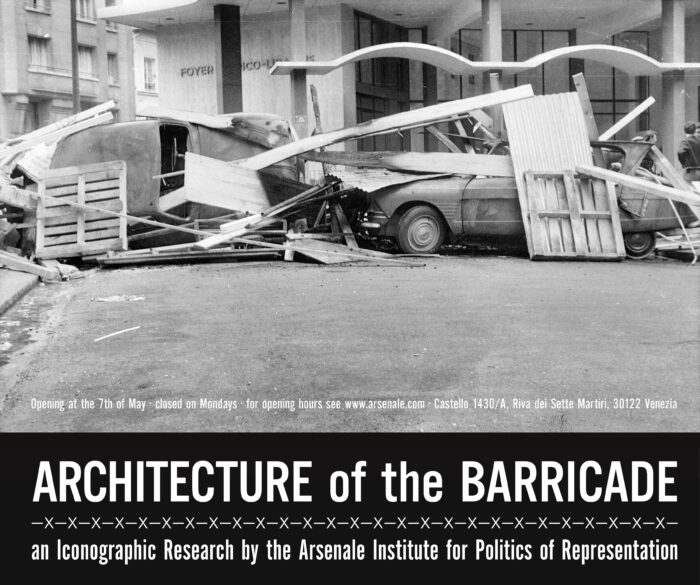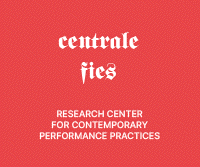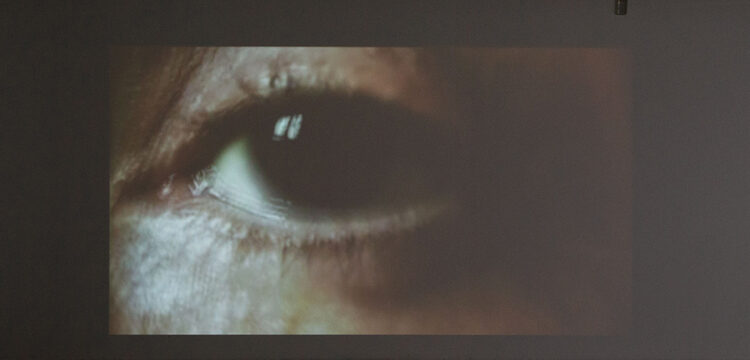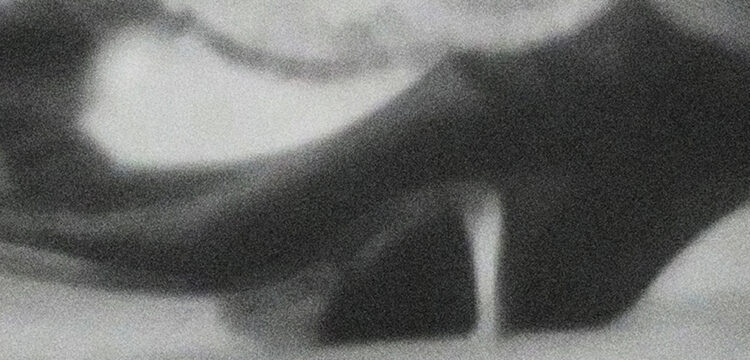Police, Pute, Non, Merde
“Poem Police” by Anne-Lise Coste at Kunsthaus Baselland
In her comprehensive exhibition at Kunsthaus Baselland, Anne-Lise Coste focuses on the central questions of her oeuvre. She takes a close look at the fractures and double standards of contemporary society, while also exploring the possibilities for moving beyond existing constraints and towards a new sense of freedom. Here the curatorial text by Ines Goldbach.
Both Anne-Lise and I have a rough idea of what this exhibition might look like: a condensed presentation of her oeuvre, of course, but much remains to be seen—and that’s a good thing. Because with Anne-Lise Coste, you don’t follow a fixed plan, or a fixed concept. You can only understand her work, her artistic activity, if you engage with it in the present, with all its facets, fractures, and questions. Anne-Lise Coste’s work emerges in the here and now.
She herself acts in the same way. No matter how long she stays or lives in a place, she is never a guest there, but always a dynamic protagonist—contributing, connecting, bringing together, while putting her finger on exactly what needs to be addressed at the same time. Even during her master’s studies at Zürich University of the Arts, fresh from Marseille, Coste was already well integrated into Zürich life: she was invited to Bice Curiger’s large group exhibition, Freie Sicht aufs Mittelmeer (Clear View of the Mediterranean), involved in the art scene, and also—last but not least—socially active and engaged. For her first solo exhibition at the Kleines Helmhaus in Zürich in 1999, she immediately moved into the art space with the exhibition and worked in situ, painting, spraying and, most importantly, being present round the clock to chat with visitors over coffee. For Coste, art and especially artistic work itself are inseparable from a direct engagement with the world.
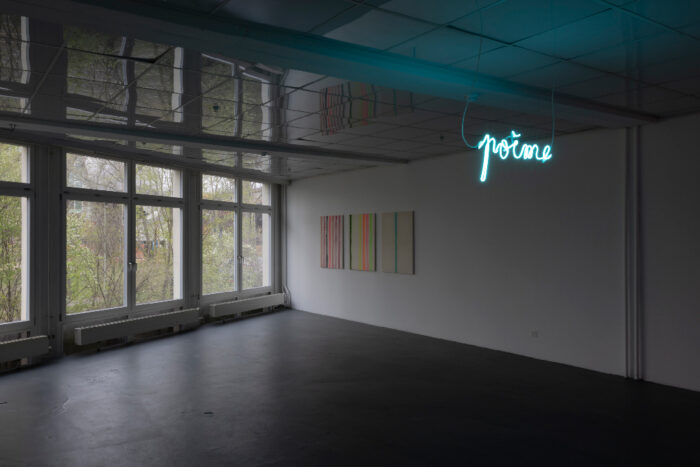
It is therefore hardly surprising that artists in Sète, her current place of residence for the past year or so, have been raving about the way Coste has been realizing weekly outdoor exhibitions, parties and outdoor workshops, especially during the long months of the pandemic, for the cultural creation of the region, but also for the city itself, for its families and children. She has energized communities, built them and brought them together. But even though she is able to appeal to a broad multigenerational audience with her work and, first and foremost, her personality, her art is anything but playful. On the contrary! With all of her works, Coste bursts into public or institutional spaces with a political force that makes no concessions.
For this is what Anne-Lise Coste and her work are all about—an almost activistic, but above all unvarnished and direct artistic practice that seems to recognize society at its very core while simultaneously paying attention to what is concealed. For it is at a society’s margins that we can see whether and how it functions. Thus, in Coste’s works on paper, canvases or walls, words and sentence fragments appear that could be found by train tracks, at rallies, in underpasses, or on suburban house walls—and not only in France: POLICE, NON, IMAGINE, POEM … words in public space whose authors would represent a danger. Coste appropriates these words and fragments of anger, takes them up and takes them seriously at the same time; after all, in their unfiltered nature, they often say more about the current state of a nation.
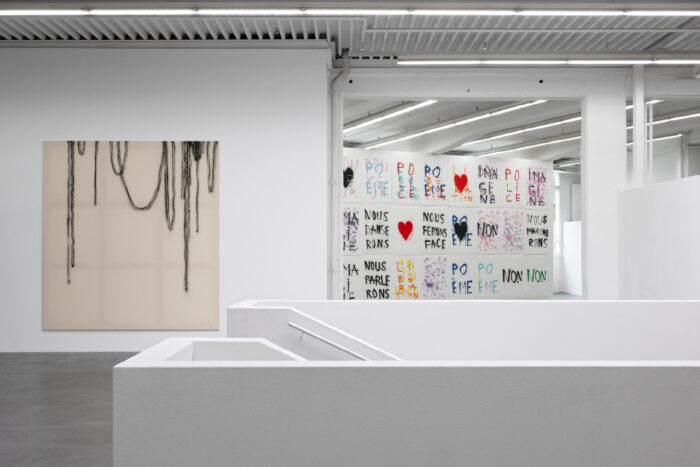
Her technique goes hand in hand with her content. It is no coincidence that for the past few years, Anne-Lise Coste has been using an airbrush or cans of spray paint to paint on a variety of supports. From the classic canvas to mattresses, plastic bags, tires, items of clothing, and more—they all become carriers of signs, words, traces. These are everyday objects that are also intimately connected to us as human beings and our actions. Jackets, dresses, shirts—the human dimension is very present for the artist.
At the same time, Coste has found in the medium of spray painting an instrument that is extremely well-suited to her directness and her work, to appropriating and commenting. How else could you express that even in seemingly democratic countries that appeal to equality, solidarity and humanity, such as France today, in 2022, surveillance, controlling authorities, oppression, hierarchies, racism, and violence against women are anything but over? That is why we must go back to the margins of society, to that fine membrane that is open to the subtle nuances that are scarcely discernible elsewhere; back to porous walls, cracked floors, broken windows, and doors with broken chains, to what has been written and overwritten, sprayed and overpainted, left behind and ripped out: POLICE, PUTE, NON, MERDE.
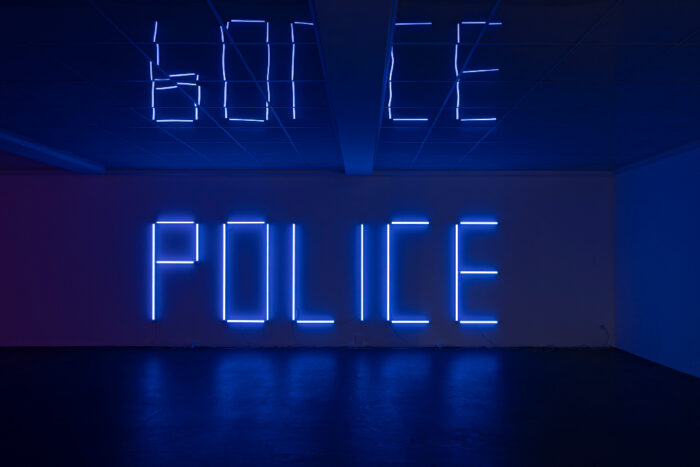
You only have to look out of the window during a train ride—even here, in Switzerland—to suddenly see everything that Coste has just shown us in her works more clearly. Freight cars covered with graffiti, seemingly carrying all the anger and despair of a generation across the country; in between, a long line of wagons loaded with tanks—you don’t have to look at the newspapers nowadays to really sense, for the first time for our generation, that there is a war going on, not far from us, in Ukraine. We will feel the effects of these years of health, political and social crises for a long time to come.
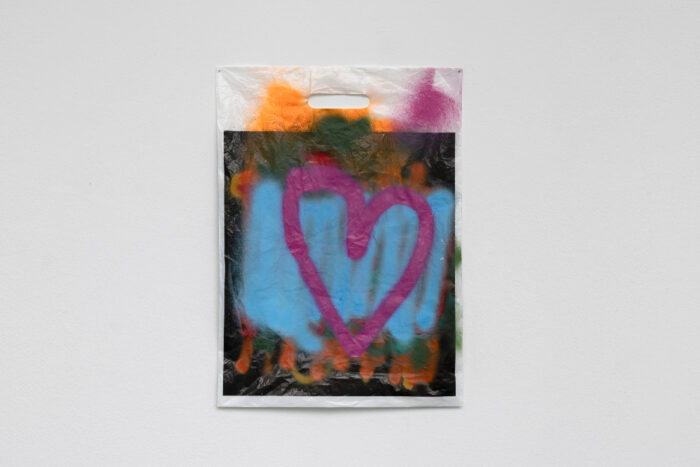
I don’t need to look out of the window to see this, just looking at my train compartment is enough: some passengers are still wearing masks, with tired, exhausted eyes above. The younger generation, which has just taken to the streets so strongly and vehemently for Fridays for Future, is equally exhausted and has at times been completely overlooked during this crisis. But this too can be found in Coste’s work and action: we should not lose sight of all the tenderness, gentleness, poetry, beauty, and constructiveness. It’s not all black and white—POEM, IMAGINE, Je t’aime, POÈME—there is also color, energy, excitement. Amid this lack of freedom, amid all the constraints, fears and uncertainties, it is now time to regain our freedom, to break free, to be wild and exciting again. It is time to act and to write the next chapter of history differently. Every day is an opportunity to do this.


